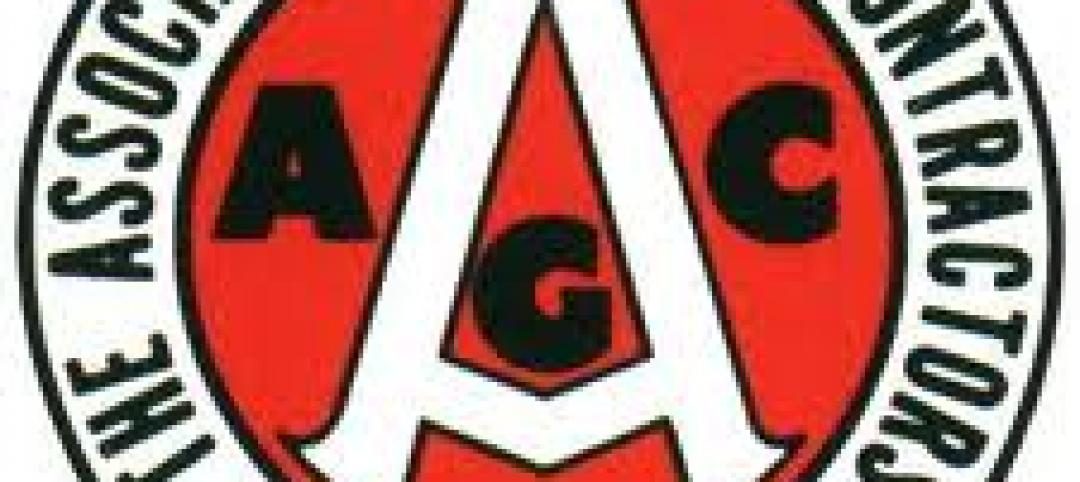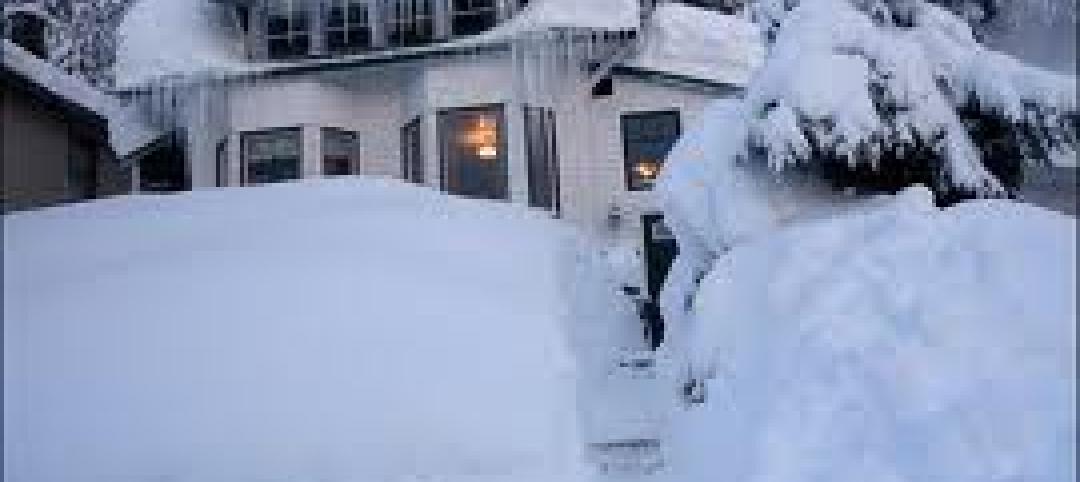The National Institute of Standards and Technology recently submitted a report to Congress outlining steps to improve building functionality after natural disasters.
The report fills a request by Congress for “immediate occupancy (IO)” building codes and performance standards strategies to make more buildings more resilient to a wide variety of hazards. Existing standards and codes focus on reducing the likelihood of significant building damage or collapse, but do not typically address the need to preserve quality of life by keeping buildings habitable and functioning as normally as possible, a NIST official says.
Some of the obstacles to making buildings more functionally resilient after a natural disaster include:
— Convincing communities to invest in IO standards in advance of the event
— Clarifying the costs and benefits
— Influencing and incentivizing private owners to make the necessary investments in their buildings
— Determining special implementation procedures for public buildings since some do not have to comply with local codes
— Dealing with the old structures that tend to house the most at-risk populations
— Determining who is liable for building performance
— Encouraging collaboration in standards development
The report says that “increasing the performance goals for buildings would not be easily achieved, but the advantages may be substantial” and making them a reality “would entail a significant shift in practice for development, construction, and maintenance or retrofit of buildings.”
Related Stories
| Feb 17, 2012
AGC advocates for federal procurement reform
Ensure that small business goals take into consideration actual small business capacity in relevant specialty markets.
| Feb 17, 2012
Codes not to blame for Anchorage roof collapses following heavy snows
Design or construction problems likely contributed to the collapses, according to city officials.
| Feb 17, 2012
Comment period opens March 1 for LEED 2012 update
USGBC says that LEED's strength comes from its continuous evolution.
| Feb 17, 2012
OSHA training videos on proper respirator use available online
17 short videos to help workers learn about the proper use of respirators on the job.
| Feb 17, 2012
Union/employer collaboration on the rise aimed at exceeding OSHA safety standards
Unions have learned to help employers win contracts with bids made competitive through good safety practices.
| Feb 16, 2012
Gain greater agility and profitability with ArchiCAD BIM software
White paper was written with the sole purpose of providing accurate, reliable information about critical issues related to BIM and what ArchiCAD with advanced technology such as the GRAPHISOFT BIM Server provide as an answer to address these issues.
| Feb 9, 2012
Initiative to sell off under-used federal property gaining momentum
The bill is similar to a White House planto cut $8 billion worth of building costs by the end of the 2012 fiscal year, and to establish a panel to identify other sites worth selling or donating to nonprofits or state and local governments.
| Feb 9, 2012
Computer tool helps engineers design roof cladding using Canada's building code
Easier to design roof cladding that can withstand winds in a given area.
| Feb 9, 2012
Webinar focuses on lessons learned from LEED-certified industrial project
This case study will focus on strategies used to save the client money, achieve certification, and effectively market success once the project was complete.
















